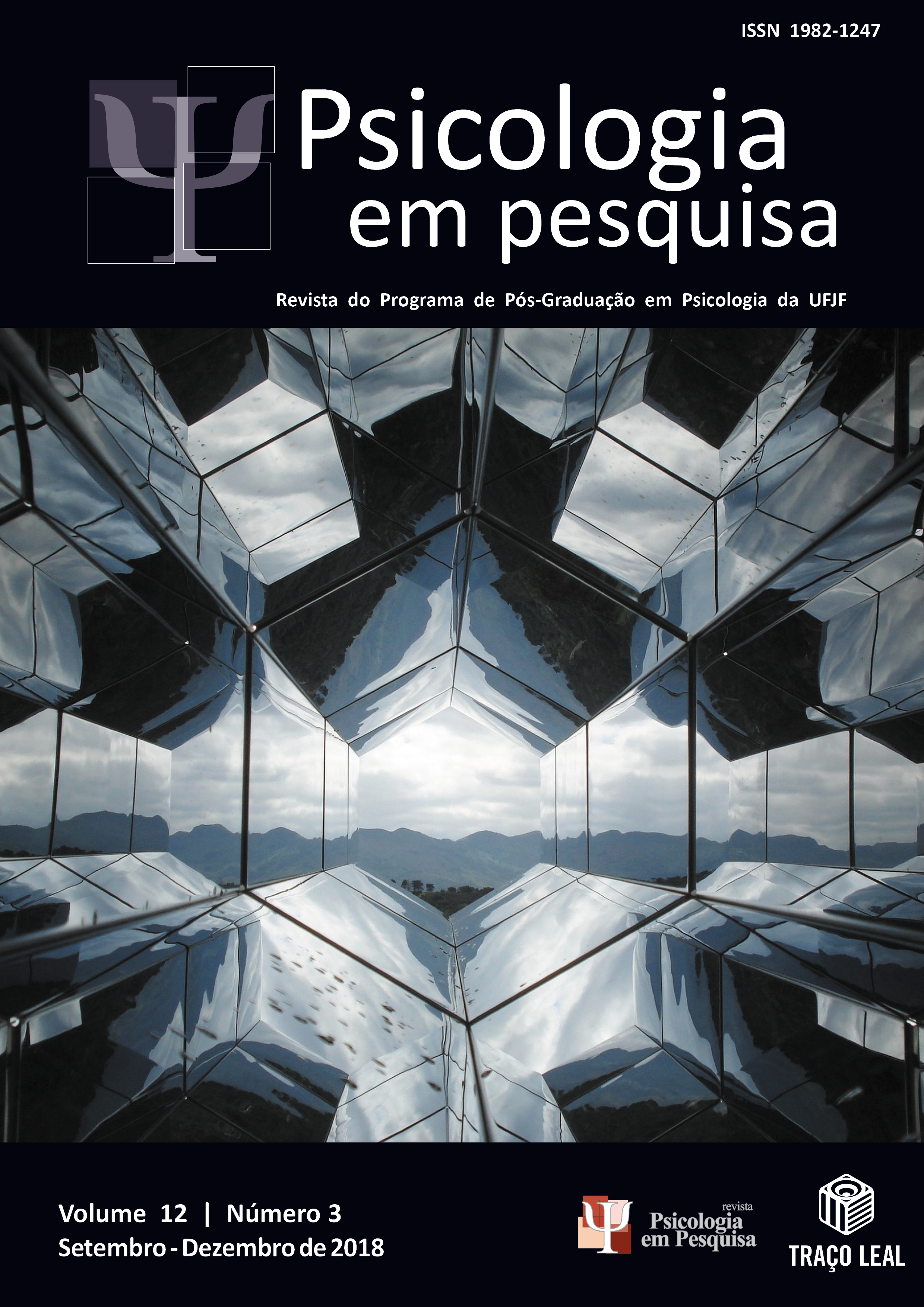Risco psicossocial familiar, coping do tratamento da obesidade infantil e controle parental da alimentação
DOI:
https://doi.org/10.24879/2018001200300492Palavras-chave:
Adaptation, Psychological, Child Behavior, Psychosocial Impact, Obesity, ParentingResumo
This study evaluated parental variables involved in outpatient treatment of overweight/obese children, in variables included food control, stressors and coping, as well as family psychosocial risk. Nineteen caregivers filled out instruments such as: Participant Characterization, Parental Coping Interview, PAT 2.0 and CFPQ. Most families showed high psychosocial risk (Target = 52.6%, Clinical = 21.1%) and the most common parental practice of food control was to encourage healthy experimentation and consumption, and the food restriction. Food control was the major stressor for caregivers, who react with anger and sadness, despite having a more adaptive coping. The results indicate the need for specific interventions for this population.















